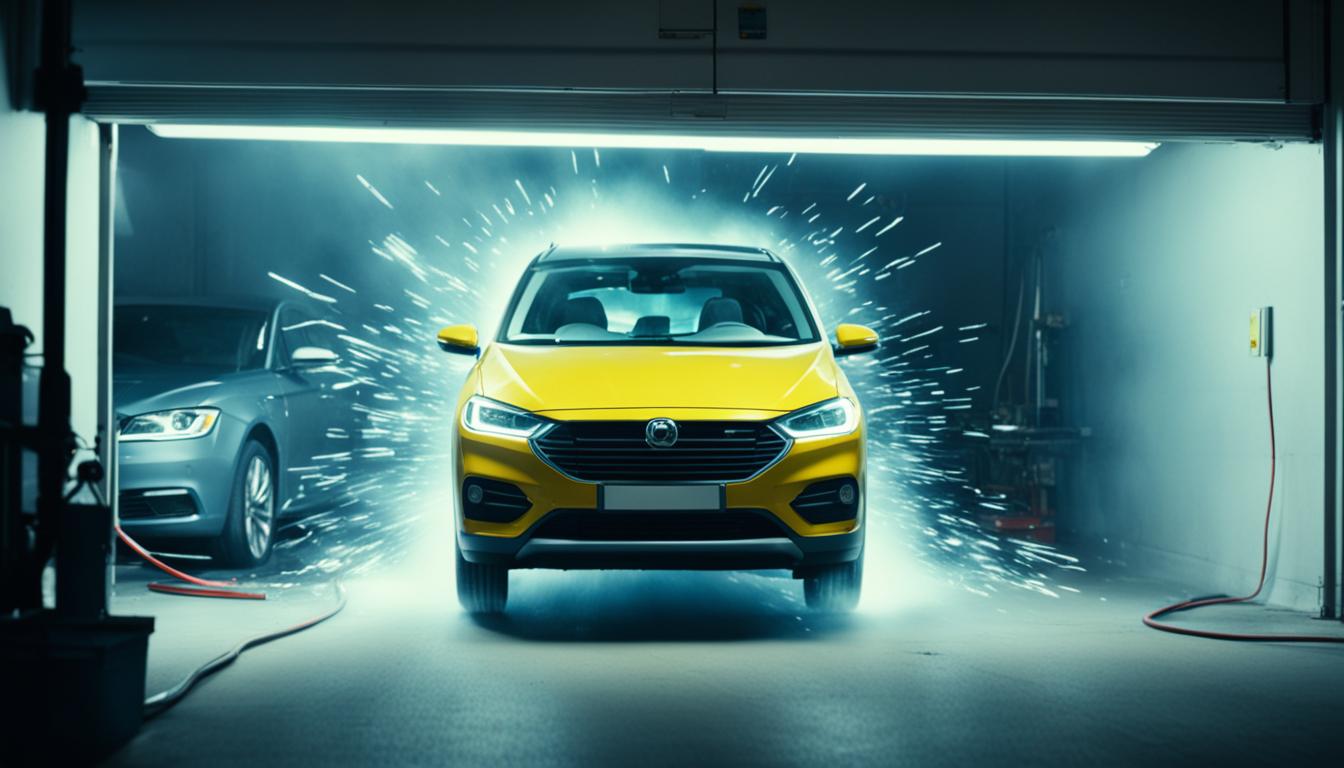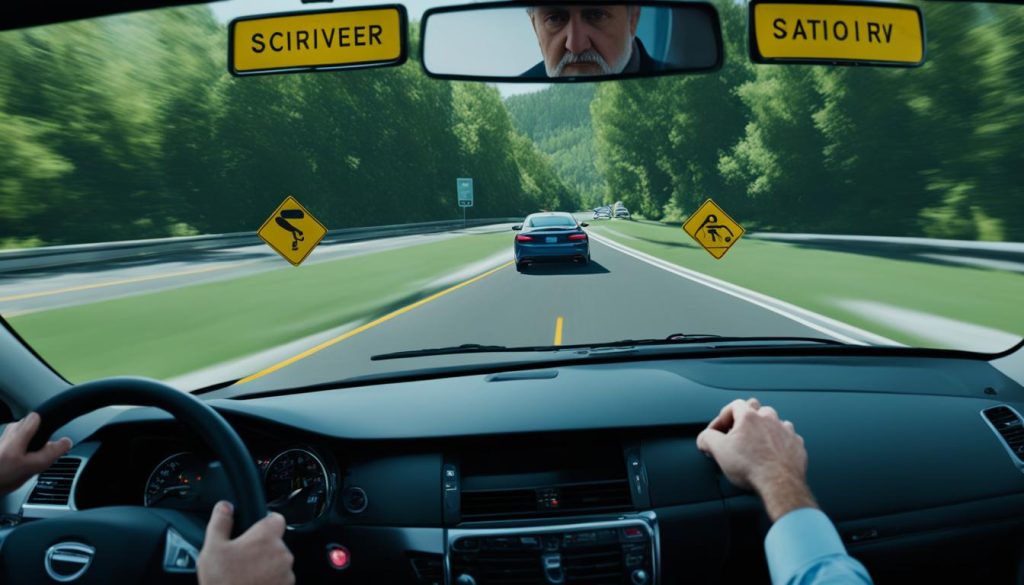
Emergency Collision Repair Services: Quick and Reliable Solutions

What You Need to Know About Insurance Policies for Collision Repair
Getting into a car accident can lead to injuries, financial struggles, and even emotional turmoil. While some accidents may be unavoidable, many can be prevented by adopting the right driving habits and preventive measures. This article will explore effective strategies to safeguard your vehicle from future collision damage and ensure safer driving experiences. Readers will discover proven techniques to avoid common causes of car accidents, such as distracted driving, speeding, and inclement weather conditions. By implementing these preventive measures, drivers can significantly reduce the risk of costly repairs and protect themselves and others on the road.
Key Takeaways
- Develop safe driving habits to prevent auto accidents
- Stay alert and avoid distractions while driving
- Maintain a safe speed and follow traffic rules
- Implement defensive driving techniques to stay safe on the road
- Consider environmental factors that can impact vehicle safety
Driving Habits to Prevent Auto Accidents
Developing safe driving habits is crucial in preventing auto accidents. Two key areas to focus on are avoiding distracted driving and maintaining a safe speed.
Avoid Distracted Driving
Distracted driving is the number one cause of car accidents, surpassing even drunk driving and speeding. Anything that takes your attention off the road, such as texting, changing songs, or eating, can dramatically increase the risk of a collision. By keeping your eyes on the road and your hands on the wheel, you can significantly reduce your chances of being involved in a devastating accident.
Maintain a Safe Speed
Exceeding the speed limit or driving too fast for weather conditions can severely compromise your reaction time and braking distance, making it much harder to avoid an accident. Maintaining a speed appropriate for the situation is essential for accident prevention. By adhering to posted speed limits and adjusting your speed accordingly, you can help ensure the safety of yourself and others on the road.
Following these simple practices of avoiding distracted driving and maintaining a safe speed can go a long way in protecting your vehicle and ensuring the safety of yourself and others. Developing these safe driving habits is a crucial step in preventing auto accidents.
Preventive Measures for Staying Alert
Maintaining driving alertness is paramount for accident prevention and ensuring safe driving techniques. To minimize the risk of collision damage, we must prioritize our own well-being and remain vigilant behind the wheel. Several preventive measures can help us stay focused and attentive while driving.
One of the most crucial factors in driving alertness is getting enough rest. Fatigue can significantly impair our reaction time and decision-making abilities, making us more susceptible to accidents. It’s essential to ensure we are well-rested before embarking on any long drives or commutes.
Additionally, it’s vital to avoid substance use that could compromise our driving abilities. Driving under the influence of drugs or alcohol can severely impact our judgment and coordination, putting ourselves and others in danger. By abstaining from such substances, we can maintain the necessary level of alertness and reaction time to navigate the roads safely.
Finally, addressing any underlying medical conditions that may affect our driving performance is crucial. Certain health issues, such as sleep disorders or neurological problems, can impair our driving alertness. By consulting with healthcare professionals and addressing these concerns, we can better ensure our ability to drive safely and prevent future collision damage.
By implementing these preventive measures, we can enhance our driving alertness, reduce the risk of accidents, and protect our vehicles from potential collision damage. Staying focused, well-rested, and free from impairing substances are the keys to maintaining the necessary level of vigilance on the road.

- Get enough rest before driving
- Avoid substance use that can impair driving abilities
- Address any underlying medical conditions that may affect driving performance
Defensive Driving Techniques
Adopting defensive driving techniques is a proven way to avoid collisions and protect your vehicle from damage. By strictly following traffic rules, such as obeying traffic signals, signs, and lane markings, drivers can anticipate and respond to the actions of other motorists. Additionally, maintaining a safe following distance, typically one car length for every 10 mph of speed, allows for adequate reaction time if the vehicle in front suddenly brakes or changes lanes.
Practicing defensive driving can significantly reduce the chances of being involved in an accident and mitigate the risk of costly repairs to your vehicle. Here are some key techniques to consider:
Follow Traffic Rules
- Obey all traffic signals, signs, and lane markings
- Signal your intentions well in advance when turning or changing lanes
- Yield the right-of-way to pedestrians and other vehicles when appropriate
Maintain a Safe Distance
- Keep a minimum of one car length for every 10 mph of speed
- Increase the following distance in inclement weather or heavy traffic
- Avoid tailgating or driving too closely to the vehicle in front of you
By embracing these defensive driving strategies, motorists can navigate the roads more safely and reduce the likelihood of accident prevention incidents that could result in expensive vehicle repairs.
Environmental Factors to Consider
As responsible drivers, we must remain vigilant to the environmental factors that can contribute to car accidents and vehicle damage. Weather conditions and road hazards play a crucial role in ensuring safe driving and accident prevention.
Inclement weather, such as rain, snow, and ice, can create treacherous driving conditions. These slippery conditions can compromise our vehicle’s control, increasing the risk of skidding or hydroplaning. Similarly, potholes, debris, and other obstructions on the road can cause significant damage to our tires and suspension components if not navigated carefully.
To mitigate these environmental risks, it is essential to adjust our driving behaviors accordingly. When faced with poor weather conditions, we should reduce our speed and increase our following distance, allowing for greater reaction time and control of our vehicle. By being mindful of the weather conditions and road hazards around us, we can take proactive steps to prevent accidents and protect our vehicles from harm.

In summary, being aware of the environmental factors that can impact our driving and adjusting our behavior accordingly is a critical component of safe and responsible driving. By prioritizing these preventive measures, we can navigate the challenges posed by the elements and ensure the safety of ourselves, our passengers, and our vehicles.
Preventive Measures
Maintaining and inspecting your vehicle regularly is a crucial step in preventing future collision damage. By ensuring that your tires, brakes, lights, and other critical components are in good working order, you can significantly reduce the risk of mechanical failures that could lead to an accident.
Proactively addressing any recalls or design defects in your vehicle is also essential. Staying informed about potential safety issues and taking prompt action to resolve them can help identify and fix problems before they manifest on the road. This comprehensive approach to vehicle care and safety can minimize the likelihood of being involved in a collision and the need for costly repairs.
To further enhance your safety, it’s important to conduct regular safety checks on your vehicle. This includes checking fluid levels, inspecting the condition of belts and hoses, and ensuring that all lights and signals are functioning properly. By taking the time to perform these routine maintenance tasks, you can help maintain your vehicle’s roadworthiness and prevent unexpected breakdowns or malfunctions.
Ultimately, a commitment to vehicle maintenance, safety checks, and proactive accident prevention measures can go a long way in keeping you and your loved ones safe on the road. By taking a proactive approach to vehicle care, you can enjoy a more confident and secure driving experience.
Conclusion
In conclusion, implementing a range of preventive measures is essential for avoiding future collision damage and ensuring safer driving experiences. From developing responsible driving habits to practicing defensive techniques and maintaining your vehicle, there are numerous steps drivers can take to significantly reduce the risk of being involved in an accident.
By prioritizing safety and being proactive about vehicle care, we can protect our investments and enjoy peace of mind on the road. Remember, our safety and the safety of others should always be the top priority when behind the wheel. By following the guidelines outlined in this article, we can take an active role in collision damage prevention and contribute to a safer driving environment for all.
Ultimately, a comprehensive approach to accident prevention, encompassing both individual and systemic measures, is the key to minimizing collision damage and ensuring the well-being of all road users. Let us continue to be vigilant, responsible, and committed to promoting a culture of safe driving in our communities.



